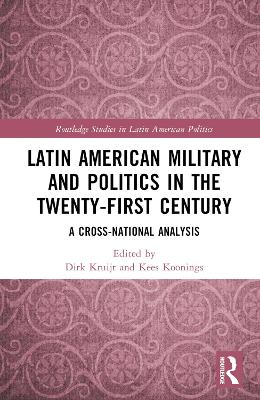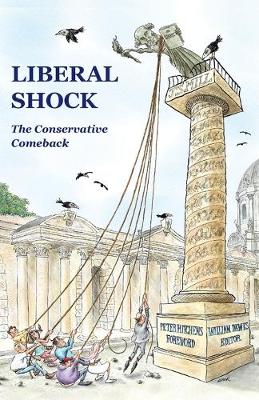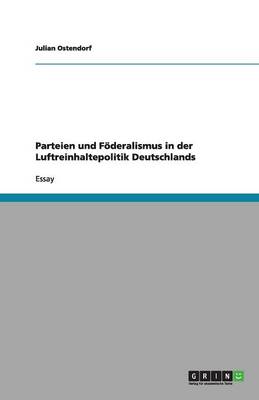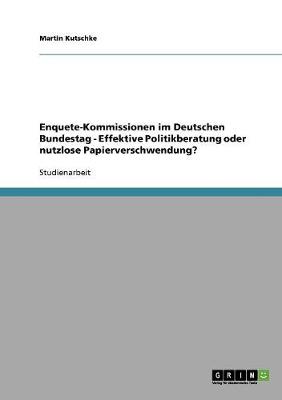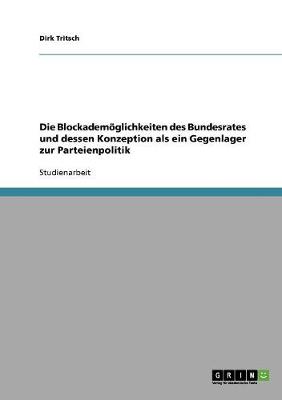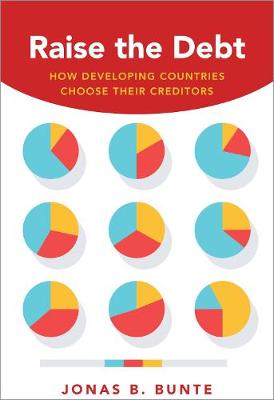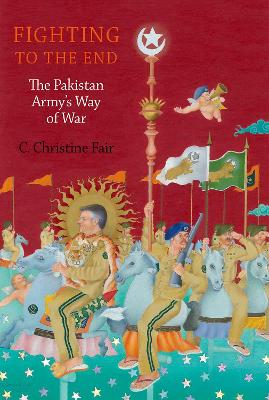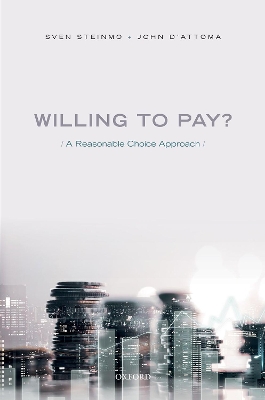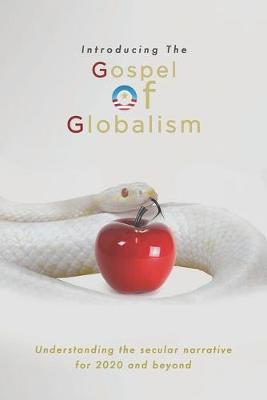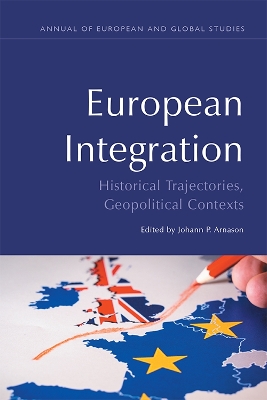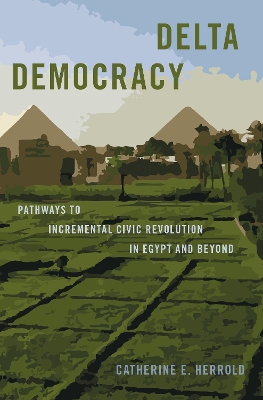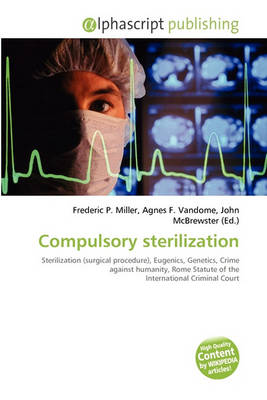This book compares sources of worker and employer power in Germany, South Africa, and the United States in order to identify the sources of comparative US decline in union power and to more precisely analyze the nature of labor-movement power. It finds that this power is not confined to allied parties, union confederations, or strikes, but rather consists of the capacity to autonomously translate power from one context to the next. By combining their product, labor market, and labor law advantag...
This volume offers a comparative analysis of the role of the military in Latin America in domestic politics and governance after 2000. Divided into four parts covering the entirety of Latin America, the book argues that the Latin American military as semi-autonomous political actors have not faded away since 2000 and may even have been making a comeback in various countries. Each part outlines scenarios which effectively frame the various pathways taken to post-military democratic society. Part...
Urban Land Reform in China
by Li Ling Hin and Professor Ling-Hin Li
Parteien und Foederalismus in der Luftreinhaltepolitik Deutschlands
by Julian Ostendorf
Enquete-Kommissionen im Deutschen Bundestag - Effektive Politikberatung oder nutzlose Papierverschwendung?
by Martin Kutschke
Die Blockademoeglichkeiten des Bundesrates und dessen Konzeption als ein Gegenlager zur Parteienpolitik
by Dirk Tritsch
Credit is the lifeblood of capitalism and development. Brazil, Russia, India, and China-also called BRICs-have become important creditors to developing countries. However, how will their loans affect economic development and democracy in recipient countries? We need to understand why governments accept Chinese over Western loan offers before we can predict their likely consequences. In Raise the Debt, Jonas B. Bunte systematically explains how governments choose among competing loan offers. Usin...
National 4 & 5 Modern Studies: World Powers and International Issues (N4-5)
by Frank Cooney and George Clarke
Exam Board: SQALevel: National 4 & 5Subject: Modern SocietyFirst Teaching: September 2013First Exam: June 2014 The complete resource for National 4 & 5 Modern Studies endorsed by SQA. National 4 & 5 Modern Studies titles from Hodder Gibson provide up-to-date resources for the National 4 &5 syllabus outlines offered by the Scottish Qualifications Authority for examination from 2014 onwards. World Powers and International Issues analyses the USA, China, Developing Issues in Africa, Security Issu...
Since Pakistan was founded in 1947, its army has dominated the state. The military establishment has locked the country in an enduring rivalry with India, with the primary aim of wresting Kashmir from it. To that end, Pakistan initiated three wars over Kashmir-in 1947, 1965, and 1999-and failed to win any of them. Today, the army continues to prosecute this dangerous policy by employing non-state actors under the security of its ever-expanding nuclear umbrella. It has sustained a proxy war in Ka...
Rising China and Asian Democratization (Contemporary Issues in Asia and the Pacific)
Why do people in some societies tend to follow rules and obey the laws more than those in other societies? Is the difference institutional, or is 'culture' a better explanation? These are the central questions confronted in this book. This study explores these questions through a large laboratory experimental study which examined tax compliance behaviour in four countries: Sweden, Italy, Britain and the United States. We present what we call a 'Reasonable Choice Approach' demonstrating that mo...
To understand the current difficulties and future prospects of European integration, multiple perspectives are required. The essays in this collection explore historical and geopolitical aspects of European integration and their relevance to interpretations of the current climate. They also examine the different regional dynamics of integration and the attitudes that result from those experiences, including those in European peripheries which are so often overshadowed by the dominant centres. In...
The 2011 Arab Spring protests seemed to mark a turning point in Middle East politics, away from authoritarianism and toward democracy. Within a few years, however, most observers saw the protests as a failure given the outbreak of civil wars and re-emergence of authoritarian strongmen in countries like Egypt. But in Delta Democracy, Catherine E. Herrold argues that we should not overlook the ongoing mobilization taking place in grassroots civil society. Drawing upon ethnographic research on Egyp...
God in the Tumult of the Global Square
by Mark Juergensmeyer, Dinah Griego, and John Soboslai
How is religion changing in the twenty-first century? In the global era, religion has leapt onto the world stage, often in contradictory ways. Some religious activists are antagonistic and engage in protests, violent acts, and political challenges. Others are positive and help to shape an emerging transnational civil society. In addition, a new global religion may be in the making, providing a moral and spiritual basis for a worldwide community of concern about environmental issues, human rights...

